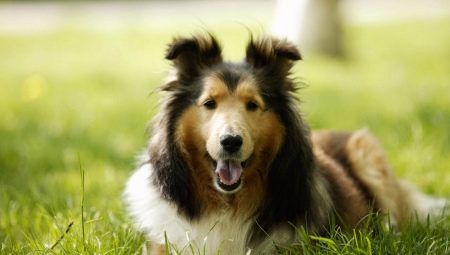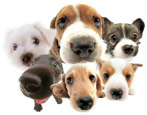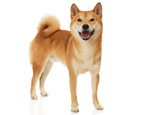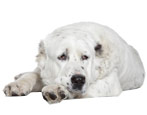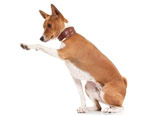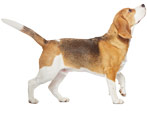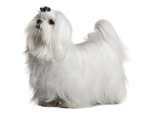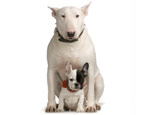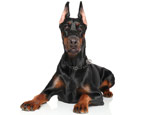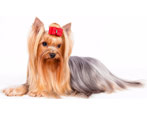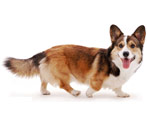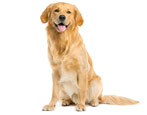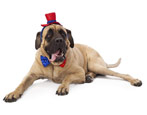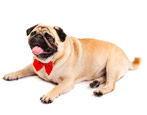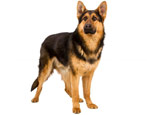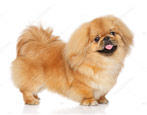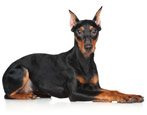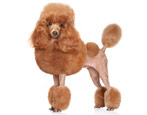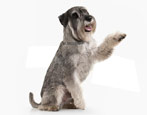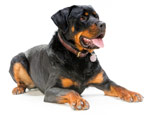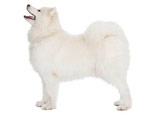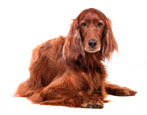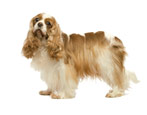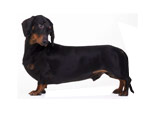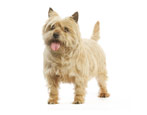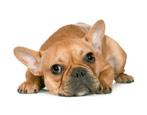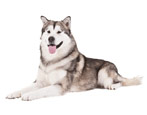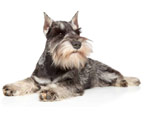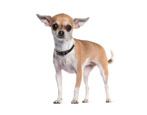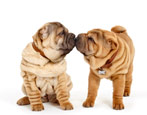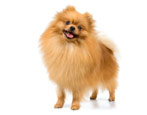When a person chooses a dog for himself, he rarely thinks about what difficulties can be encountered if a dog with fragile health and frequent diseases is chosen. Pet disease is accompanied by anxiety in households, and veterinary services and drugs are expensive today. Therefore, there is nothing strange if a person chooses a puppy from the point of view of assessing his potential health.
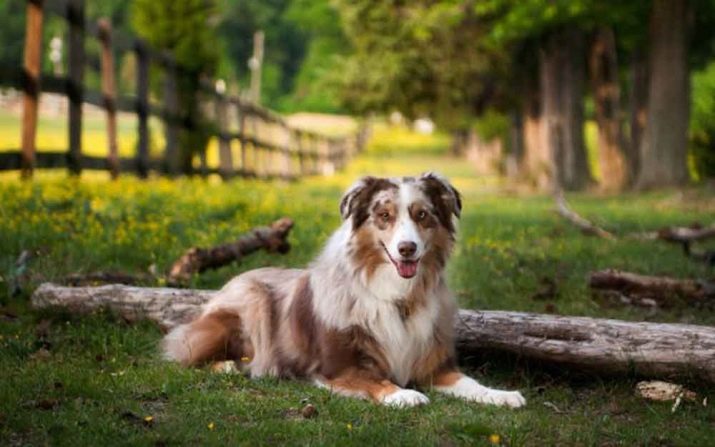
Which dogs are in good health?
The pet’s health largely depends on its breed, but its belonging to a particular breed is not the only criterion that allows us to predict how strong and hardy the dog will be, how long he will live and what the quality of life will be in the end. Dog care, proper nutrition, adequate physical activity - these are the three principles on which canine health rests. Therefore, you should not “write off” everything only to the breed. As for certain breeds, the most healthy dogs are animals, in the evolution of which a person did not intervene at all or did it infrequently, a little and delicately. Bred "artificial" dogs are sick more often than others, which is quite normal. The health status of the dog determines its heredity (in your case, also the decency of the breeder). If there was no kindred mixture of blood in the family (sometimes puppies get this for the sole purpose of getting rich), if both the male and the puppy's mother are perfectly healthy, then the probability that you will get a puppy with strong immunity and good health is always higher.

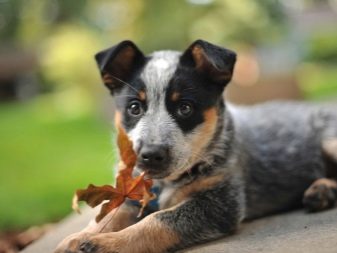
Small but strong - animals rating for home
Small dogs, representatives of small breeds can also have excellent health, despite the fact that many of them appeared due to human selection.
- One of the most long-living is considered bichon frize. This is a small, very lively, active and charming doggie. He is unpretentious and can live up to 22-24 years. Careful care requires the dog's coat, as it is very thick.
It is also important to walk a lot with a representative of this breed.
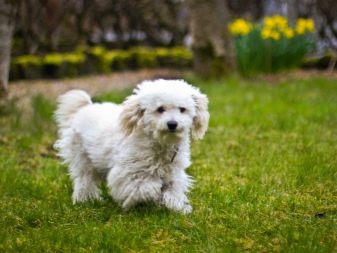
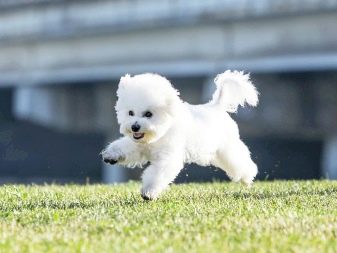
- Another "pocket" centenarian - shih tzu. This doggie is very cute, very sociable, contact. His only "weak point" is skin. With inadequate care, it can become inflamed, peel off, problems with the condition of the coat may appear.
On the whole, the dog is not picky, rarely gets sick, lives about 15 years.
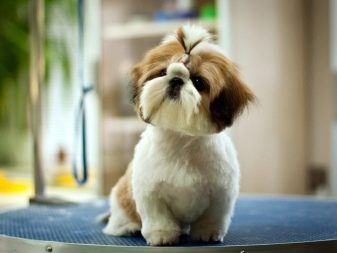

- They are famous for good health. mini schnauzers. This is a great option for a small apartment, since such a doggie does not require much space. He is ill rarely, lives about 15 years. And if you meet such a dog in a veterinary clinic, then with high probability it can be argued that the owners themselves destroyed their health. Representatives of the breed are very fond of eating.
If you indulge this tendency and overfeed the animal, chronic pancreatitis may develop.
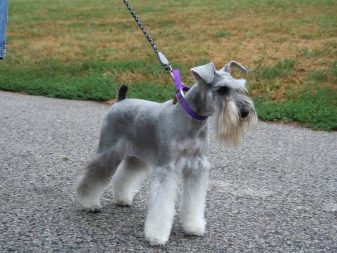
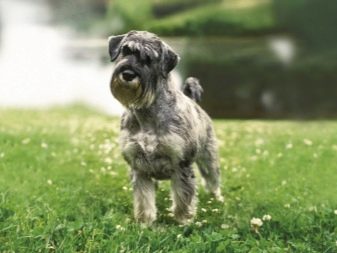
- Maltese (Maltese lapdog) many consider something artificial, bred to decorate the interiors of pampered beauties. No, this dog is a very ancient breed that has long been used to hunt one of the most dangerous creatures on the planet - rats. And therefore, a small white maltese is a representative of the canine family with excellent health and strong immunity. Of the minuses - the character. He is rather naughty, capricious in lapdogs, Maltese do not like the company of children.
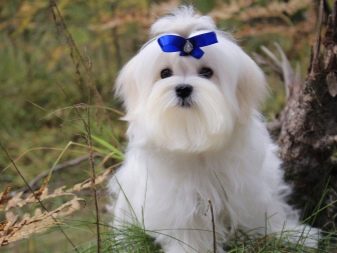
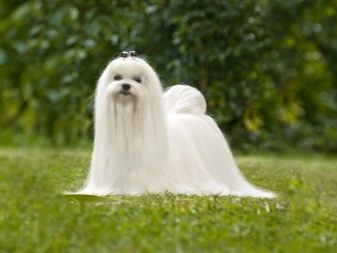
- Yorkshire terriers - Another great option. They are healthy, hardy, adequate, do not suffer from allergies, rarely get sick, but at the same time are quite curious. They can be injured because they often climb out of pure curiosity to where they should not.
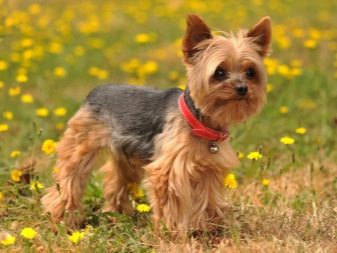
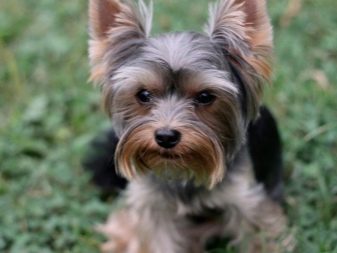
- Chihuahua - These are quite strong dogs, although they give the impression of greenhouse plants. For them, it is important not to supercool. If the owner will dress the dog warmly in the cold season, then there will be no other health problems for the pet.
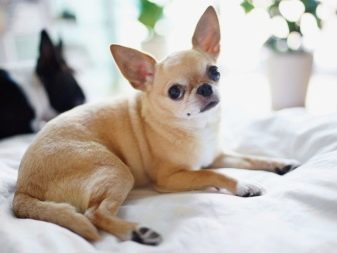

Choose medium animals
Consider the brightest representatives of medium breeds of dogs.
- The most healthy dogs of medium size are considered poodles. They are active, inquisitive, very fond of children, quite smart. And with all this, they practically do not create reasons for visits to the veterinarian. The only vulnerability of this breed is a weak pancreas.
If a poodle overshoots a fat poodle due to the owner’s oversight, indigestion can occur, and with constant unhealthy nutrition, pancreatitis.
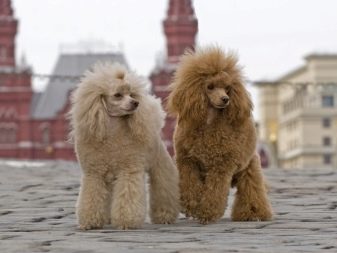
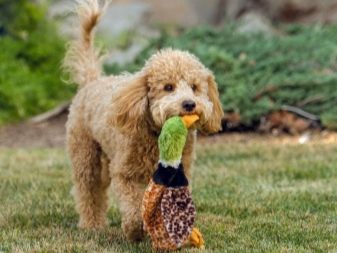
- In second place in terms of health among middle-sized dogs are dachshunds. These amazing pets with adequate care are rarely visited by a veterinarian, unless they come for routine vaccinations. And health problems are not peculiar to them. The weak points are the elongated spine and endocrine system. In the first case, injuries are possible, and in the second - obesity, because the dachshund will never refuse to eat, even if the piece is clearly superfluous.
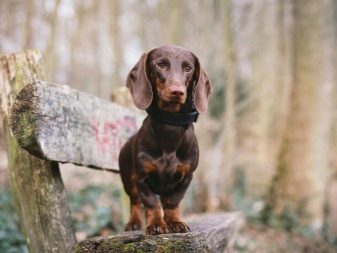
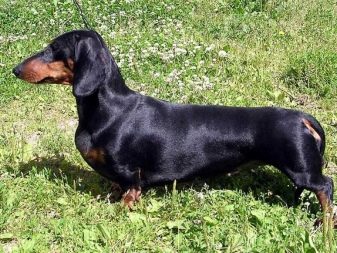
- Blue healer - A breed that until very old age (and such dogs live for more than 16 years) will please the owner with activity and mobility. Weaknesses - the hip joint and the retina of the organs of vision.
In old age, dogs often begin to see worse; pelvic dysplasia may develop.
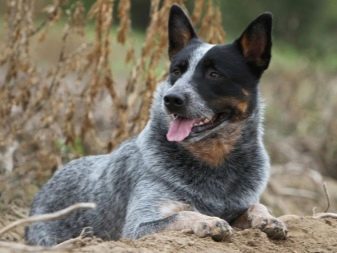
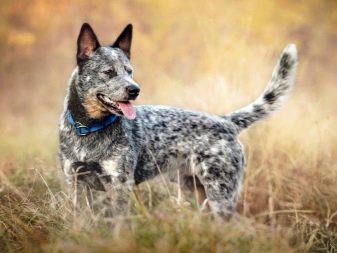
- One of the healthiest representatives of medium breeds is beagle. These dogs live for more than 15 years, they have no significant health problems. The only thing that can shake their condition is obesity if the owner overfeeds the pet.
If you do not allow an extra beagle, then you can significantly save on veterinary services.


Large animals in good health
Among large-sized dogs, there are a lot of those who have excellent characteristics in terms of immunity.
- Indisputable leader considered Turkmen wolfhounds (alabai). These dogs tolerate heat and frost well, can eat both natural and dry food, while they do not suffer from allergies, intestinal problems, or obesity.
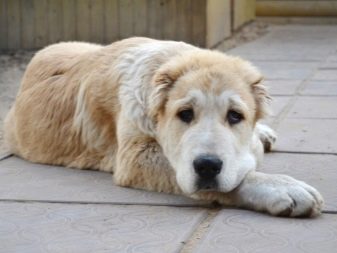
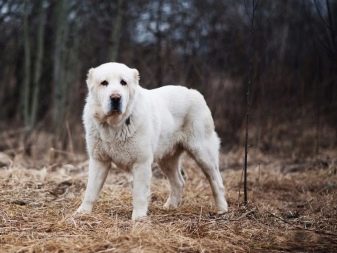
- In second place - Caucasian shepherd dogs. They also do not require anything specific, practically do not get sick. But both Alabai and Caucasians require adequate training, otherwise mental health problems may arise.
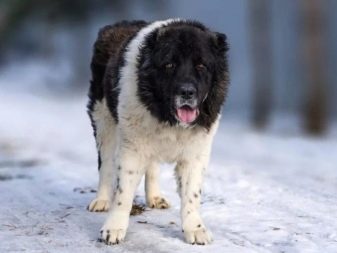
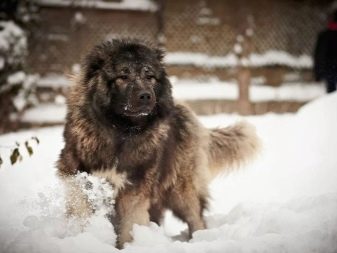
- On the third place - blue-eyed husky. These beauties come from northern latitudes. Sled dogs can tolerate extremely low temperatures, they are hardy and do not require gastronomic delights. And therefore, nature itself helped them become stronger and healthier. The only problem owners of such dogs may face is behavior problems.
If the dog does not have long walks and normal physical exertion, then it will destroy the apartment, the house, gnaw everything that falls into the reach.
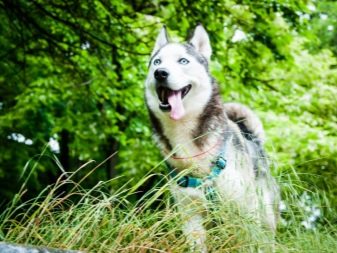
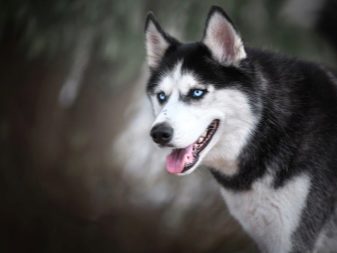
- Persian Greyhound (Saluki) only looks thin and miserable. In fact, it is difficult to find a stronger and more enduring creature that can develop tremendous speeds while running. If you can provide the dog a lot of activity, jogging, hunting, then there will be no health problems.
If not, joint problems are possible.
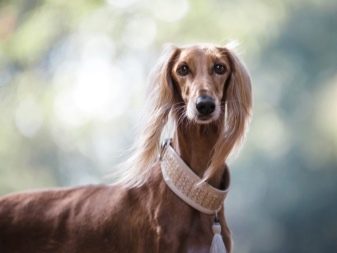
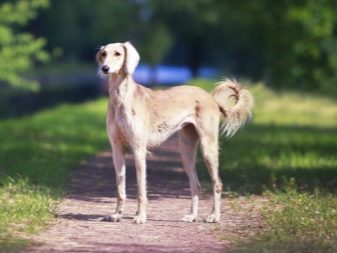
Opinion of veterinarians
Specialists in the field of dog health (veterinarians) do not take into account the origin of the dog, but the frequency of visits to the clinic. And, of course, there are certain statistics that show which breeds are more likely to come with problems, which are less common. Specialists tend to believe that all terriers have excellent health. Whatever representative of this dog family you choose, you will not lose - the pet will be healthy.
When choosing a puppy, be sure to evaluate the appearance of the father and mother of your future pet, examine the tongue, teeth, and coat condition. In a healthy puppy, the hair shines, it is soft, mucous, moist, teeth white, of a uniform color. The puppy's health is also indicated by its behavior. Experts advise you to watch the puppy - active and active doggies are usually healthier than drowsy and lethargic. Finally, do not hesitate to ask the breeder for veterinary documents for the puppy and his parents.
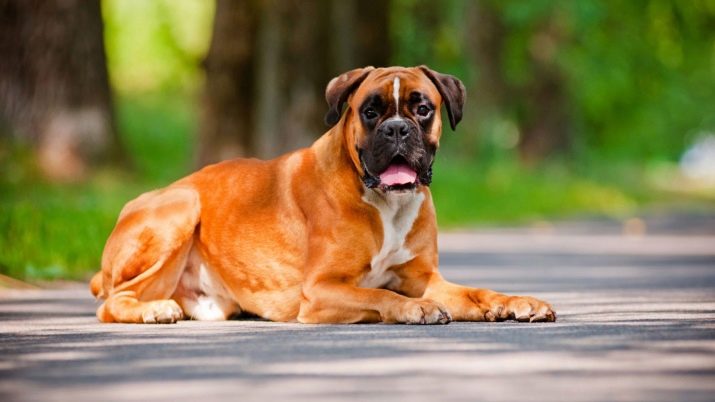
You can find out how to choose the best puppy in the litter by watching the video below.
